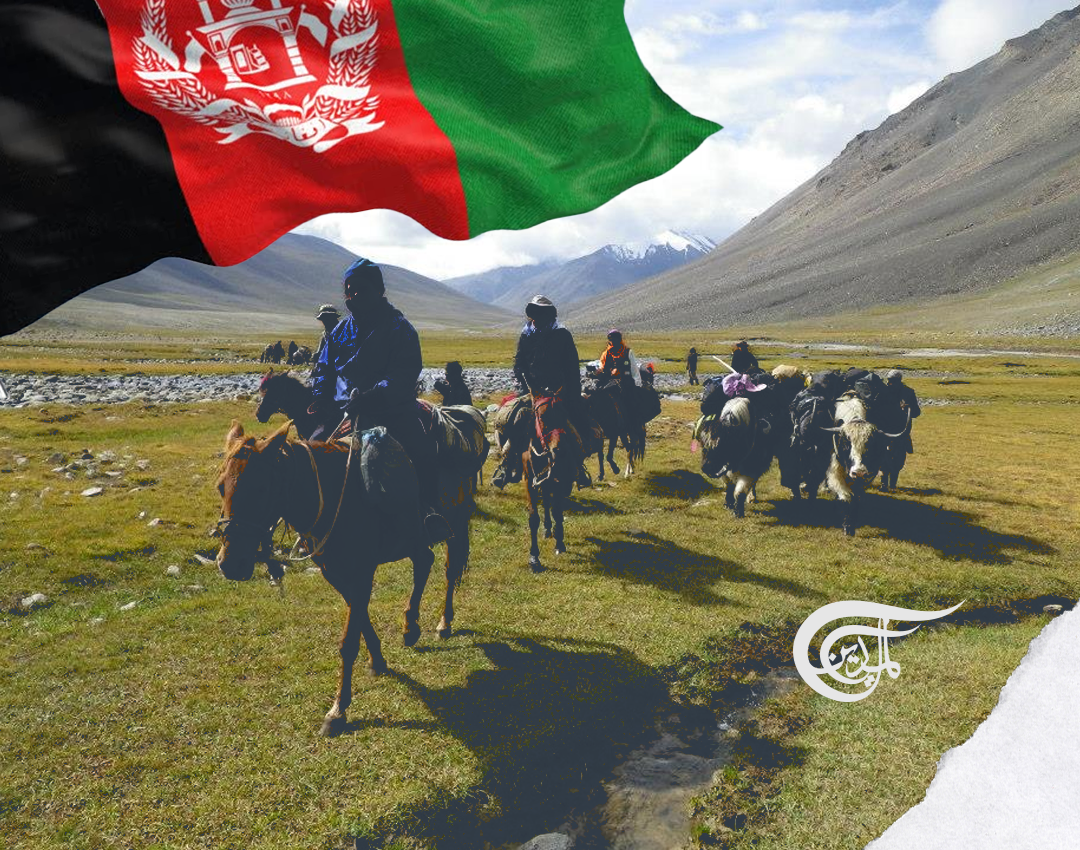Horseback to the Future: The West’s Long Ride to Defeat in Afghanistan
Twenty years ago, I rode a horse over the Hindu Kush to Kabul to see the fall of the Taliban. I was part of an invading army of journalists there to cover America’s ‘war on terror’.
Twenty years ago, I rode a horse over the Hindu Kush to Kabul to see the fall of the Taliban. I was part of an invading army of journalists there to cover America’s ‘war on terror’.
On the journey, I met an American spy who had come to Afghanistan all kitted out for the first war of the 21st century, a rucksack bulging with hi-tech gadgets and gizmos – and then he jumped on his horse.
Smart bombs and dumb animals were the two ingredients of the Western crusade against the Taliban, which has sent US troops on the ground, to say nothing of the humble foot soldiers of the international press pack, journeying back in time.
Former US defense secretary Donald Rumsfeld, who died eight weeks ago, conceded that a bizarre interface of satellite technology and equestrian transport has seen US spooks trekking over the Hindu Kush on decrepit donkeys in a mad rush to beat the snows of winter. History could repeat itself this autumn if the international outcry over America’s betrayal leads to even more chaos and confusion.
Now, as then, the frontline in Kandahar, Kunduz or Kabul is a grim history lesson. The forbidding landscape of trenches and walled cities makes one think immediately of the First World War, but in fact, the real history of Afghanistan is as much about corruption as it is about carnage.
Horse-trading – literally, that is – greenbacks and the Afghan art of the deal only add to the sense of time warp, with mountain folk charging metropolitan journalists up to $2000 for beasts of burden to get their Gucci luggage over the hill.
This reporter arrived in northern Afghanistan a week before the fall of Kabul, with a sleeping bag, binoculars, a scarcely portable electricity generator and instructions to relieve his stir-crazy colleague stranded on the Northern Alliance frontline in Jabal Seraj.
In November the road over the Hindu Kush, which informally separates Central and South Asia, is shut because of the heavy snowfall. It remains closed for six months of the year.
Some of the grander journalists make the journey from Khwaja Bahauddin, the alliance's headquarters near the border with Tajikistan, to the Panjshir valley in helicopters specially chartered by the Northern Alliance’s egregious foreign minister Dr. Abdullah Abdullah. He is still going strong – or weak, as the case may be.
Less grand journalists, including this reporter, submit to a gruelling four-day journey that meanders in an easterly direction between Taliban positions and territory held by the Northern Alliance.
The journey is long but thrilling, a kind of Iron John endurance test. The conversation, however, is short and dull, especially for those Western correspondents whose grasp of Dari, the Persian language spoken in Afghanistan, is still at the elementary level.
My equestrian skills provided much amusement to the Afghans who accompanied me on the trek over the daunting Anjoman pass. "How come you ride so badly?" they asked repeatedly as I clung desperately to my mount.
"Because I come from Notting Hill," I would reply angrily. "And we don't have much use for horses there. If we need to go somewhere, we take a taxi."
Such discomfort is part and parcel of the Western experience of Afghanistan, dating back to the first Anglo-Afghan War more than a century and a half ago.
If there was one thing the British officers who declared war on Emir Dost Mohammad in 1838 were clear about, it was that they were going to have a comfortable campaign.
One regiment took with it a pack of foxhounds; another employed two camels merely to carry its stock of cigars, junior officers were accompanied by as many as forty servants and one general needed sixty camels to carry his personal effects.
Thus encumbered, in the 19th as well as the 21st century, many an unsuspecting foreigner has departed for the Afghan war only to become a helpless player of the Great Game, in which there are never any winners.

 Hugh Barnes
Hugh Barnes
 4 Min Read
4 Min Read









